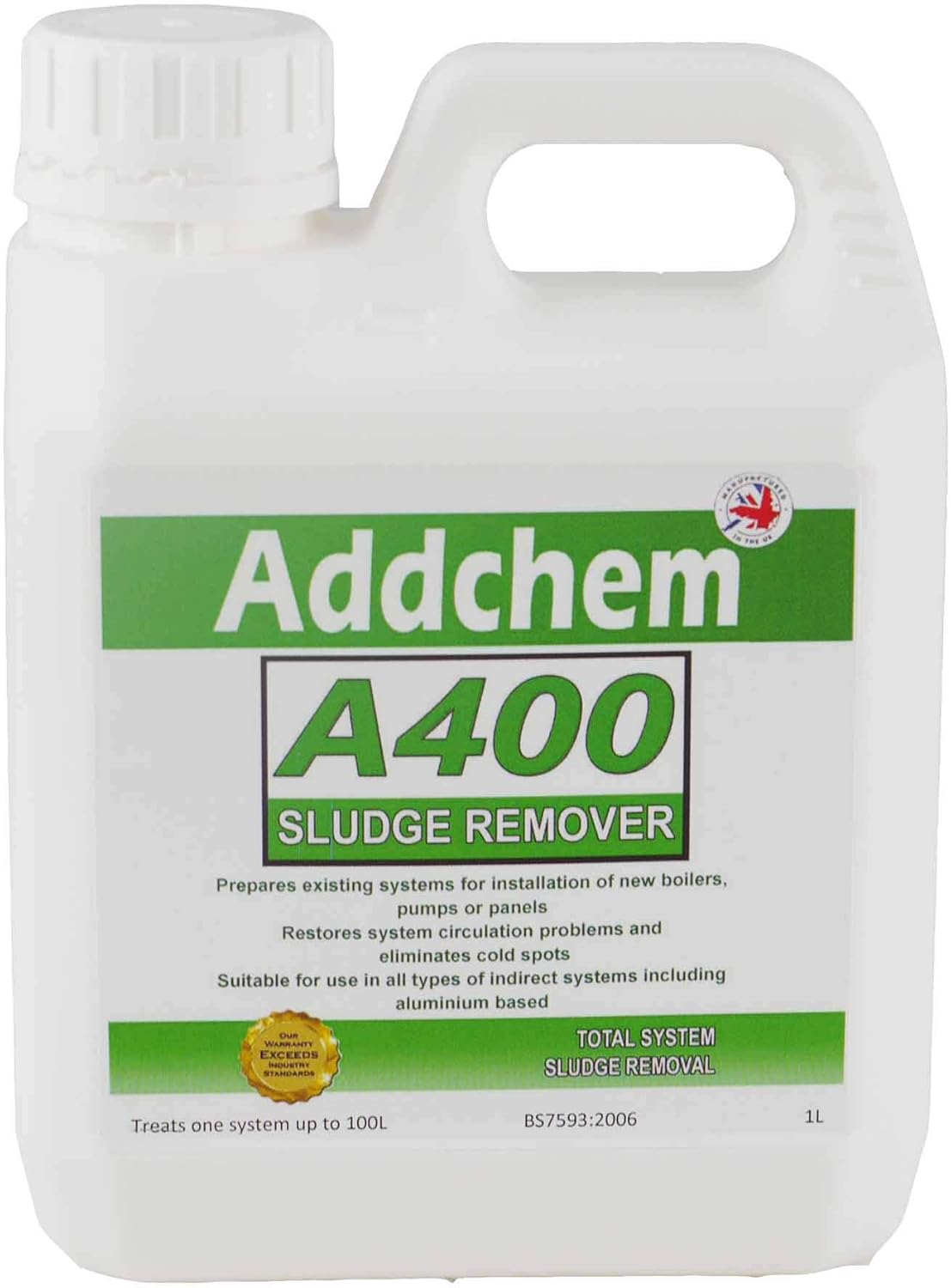About this deal
And that’s because sludge build-up contributes to a whole host of heating and boiler problems that could easily be avoided. What is Radiator Sludge? Power flushing your radiator is a great way to improve its functionality and increase the energy efficiency of your home. However, unless you are qualified in this field, we recommend calling on a professional to undertake the task. It is good practice to follow the manufacturer’s guidelines with whatever product you use – I use X400 and this must be drained after a maximum of 28 days (4 weeks). What Happens If You Leave the Sludge Remover in Too Long? The power flushing process has several stages and your engineer will probably take between several hours to the whole day to complete the power flush.
If you have flushed a radiator using the above steps but still find that your home is taking a while to heat up, familiarising yourself with how to flush a central heating system is recommended. The first method, and the most straightforward, is to remove the sludge from each of your radiators. Cleaning each radiator individually is likely to take time but is a sure way to determine whether you need to speak with a professional plumber.
This too will clog openings within the central heating system causing uneven heat distribution and inefficient operation. How Often Should I Flush My Central Heating System? Once the cleaner has had sufficient time to work, you will need to drain and flush the system at least a couple of times until the water drained off is clear. Once this is done, refill the system and add an suitable inhibitor to protect the system from further sludge build up. By adding inhibitors to central heating systems, you will reduce corrosion, prolong the life of pumps, valves and other components as well as minimising the likelihood of boiler breakdowns. Boiler Service Central heating systems are large and complex systems that are made up primarily of metal components. Over time, your radiators, pipes, and even boilers can deteriorate and particles of metal or rust breaks off. To get rid of central heating sludge, you will need to do a power flush either by using a magnetic power flushing machine or by using an heavy duty power flushing machine. When the power flushing machine is attached and running it’s cause, the emergency plumber or central heating engineer, will be using a special tool to get your sludge in the radiator moving. The cause of the power flushing machine will do it’s cause until the central heating water is clean and free flowing through the central heating system. Do I require an emergency plumber if I have central heating sludge in my central heating system The next option to remove sludge is by power-flushing the radiators with a cleaning product. Power flushing costs vary depending on the area of the UK you live in, but mainly depending on how many radiators you have.
The methods to get rid of central heating sludge you will need to take are, use a power flushing machine. There are other ways such as draining the central heating system down and taking each radiator off. Once the radiator is outside the house in an area, it is ok to de-sludge, then putting a hose on one side of the radiator, turn on and clear for about 5-minute. This way works and is a great method for very sludgy radiators, but can be very messy and not good when it comes to other parts of the central heating system such as, the boiler and central heating pipes. How much does it cost to have a power flush to get rid of my central heating sludgeOverall, the causes of central heating sludge build-up are complex and can be influenced by a variety of factors. However, by understanding these factors and taking steps to prevent sludge build-up, homeowners can ensure that their central heating systems operate efficiently and effectively for many years. Identifying Sludge Build-up in Central Heating Systems Signs of Sludge Build-up There are a couple of great preventative measures you can take to try and stop the build-up of sludge which are great for older systems. Equally, power flushing is not the solution to pressure loss. That usually indicates a leak in the system – again this may have occurred due to inefficient running, but the power flushing will not solve the problem by itself. Not only are they likely to notice some common signs of heating sludge build-up, but they will also be able to clean out the magnetic system filter (which should have caught a years’ worth of sludge).
Every heating system, be it in a cozy home or a sprawling commercial space, demands regular maintenance. With time, sludge build up can compromise the very essence of its purpose, rendering it inefficient. Enter the A400 Sludge Remover by Trade Chemicals – your heating system’s best friend and saviour. Key Benefits: If you are unsure of any of the above – call a professional to come and do it for you!” Frequently Asked QuestionsIf your home’s pipes are older than five years, they’re more likely to experience radiator problems. This is because rust has had time and opportunity to build up inside of them which can lead to clogged radiators as well as other issues you don’t want at all costs!
Related:
 Great Deal
Great Deal 